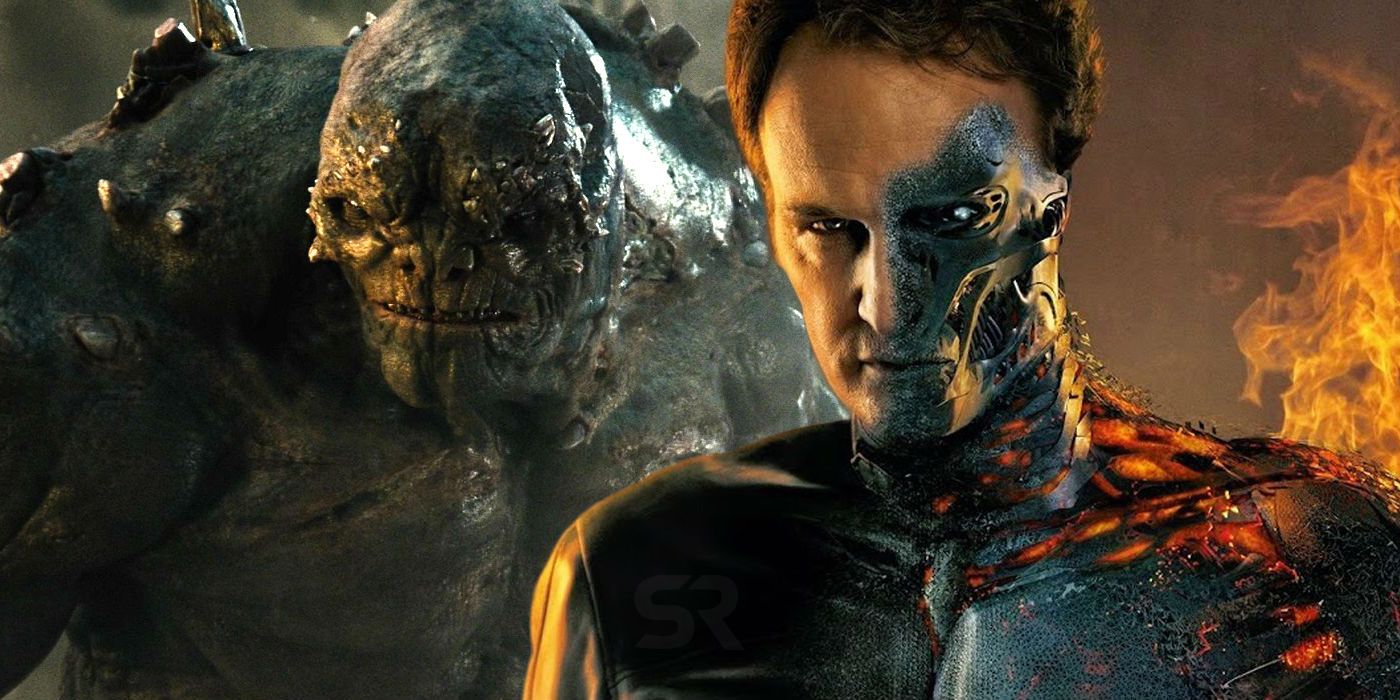Movie trailers are a necessity for studios to market their movies, and despite the attention they bring, there are plenty of reasons not to like them. Studios have been using trailers for decades to advertise their films, but they've evolved over the last several years. The days of the trailer voice guys have gone away as audiences consume these trailers primarily online. This is why teaser previews and the five-second montage at the start have been added to quickly draw in those who stumble across the trailers.
However, as trailers and movie marketing has evolved to suit the 21st century, it has brought along some bad habits. For many, this has resulted in a desire to stop watching trailers altogether or just specifically for films they already know they are going to see and want to go in as blind as possible. There are even some who have suggested the likes of Star Wars, Marvel, and DC don't even need to advertise their films because awareness is already so high. That may be true for hardcore fans, but trailers are still used to reach general audiences that can lead to huge box office returns. They're even more important for smaller films to make sure audiences know that the film is coming out.
No matter the size of the movie, though, the primary complaint about modern trailers is that they show the entire movie. There are exceptions to this rule, but there are several examples of trailers laying out the entire plot of their film throughout a marketing campaign. This has become even more common as studios release multiple trailers for individual films. Terminator: Genisys famously revealed the twist that John Connor was a Terminator during its marketing campaign; and who can forget the Doomsday reveal in Batman v Superman: Dawn of Justice's third trailer? Both are prime examples of spoiling developments that could've remained in-theater surprises.
Going hand-in-hand with the spoilers revealed by marketing, this also typically means that some of the best moments from a movie are featured as well. Action movies do this repeatedly by showing sections of the best fights, while horror films have to include some of their best scares to show audiences they have what viewers are looking for. Similarly, it is common for comedies to suffer greatly from this practice, as it means letting audiences hear the best jokes in the trailers and not in the theater. No matter what genre of the film, having to show the best moments to convince audiences to see the movie ultimately takes away from the first viewing experience.
Another sometimes frustrating practice has emerged with trailers in recent years too: showing scenes that aren't in the movies. While something like Deadpool benefitted from using alternate jokes in the trailers to give audiences something new in the theater, we've seen the MCU digitally alter scenes or create moments just for the trailers. The latter has been done to help preserve surprises on most occasions, but some viewers desperately wanted to see the running shot from Avengers: Infinity War's marketing in the movie. There have also been films like Rogue One: A Star Wars Story that used footage in the marketing that wasn't in the film due to reshoots. Let's hope that some of these trends start to go the way of the trailer voice people in the years to come.

